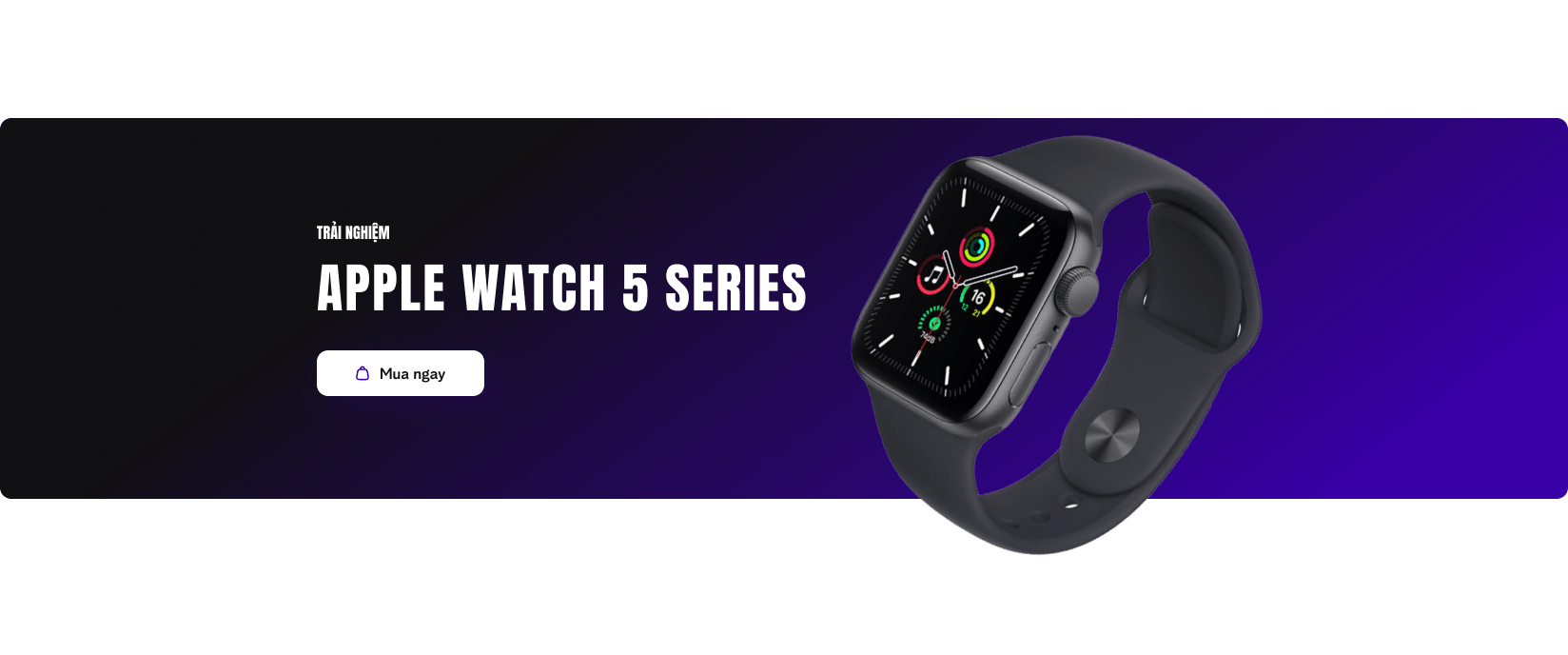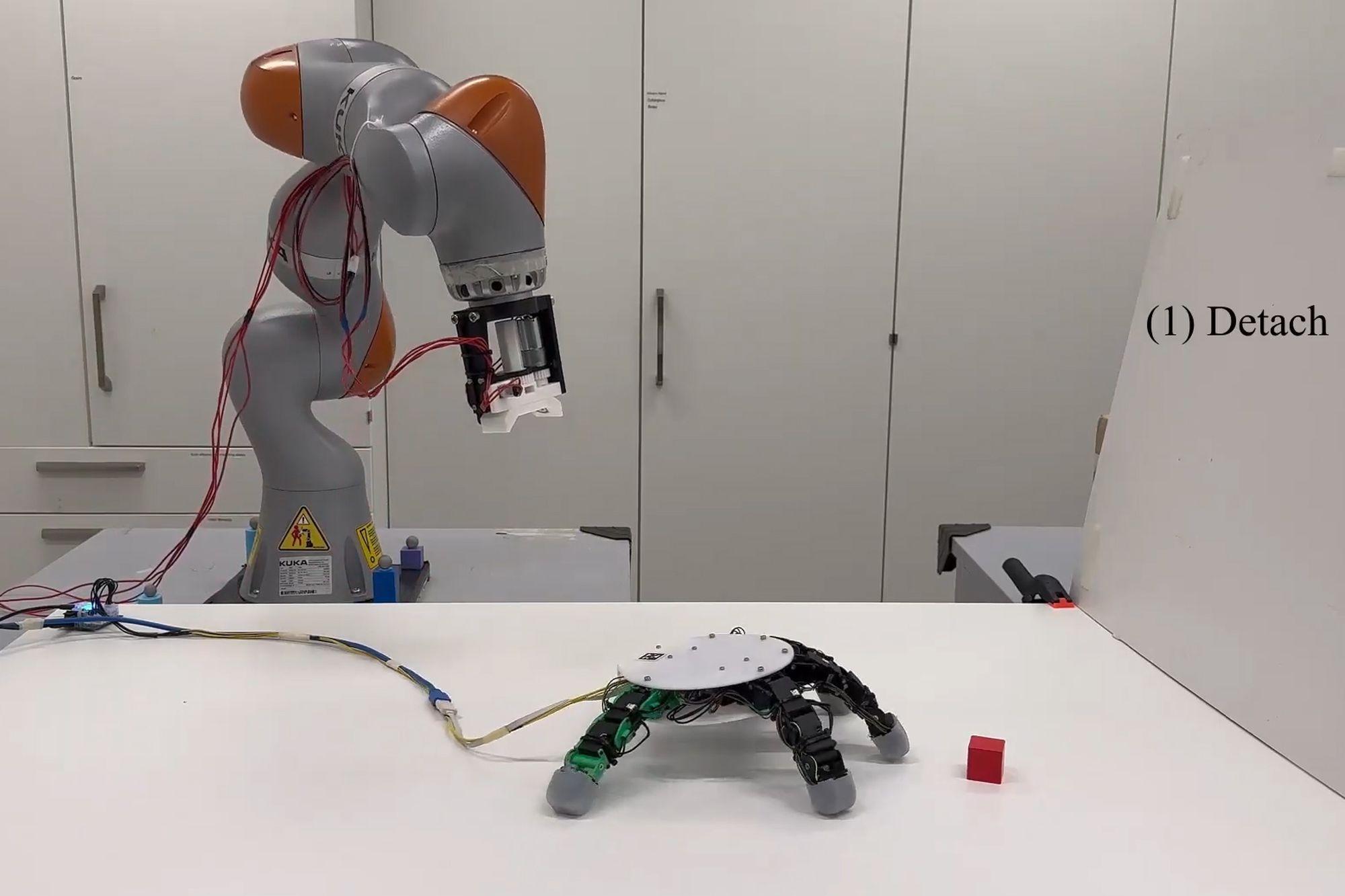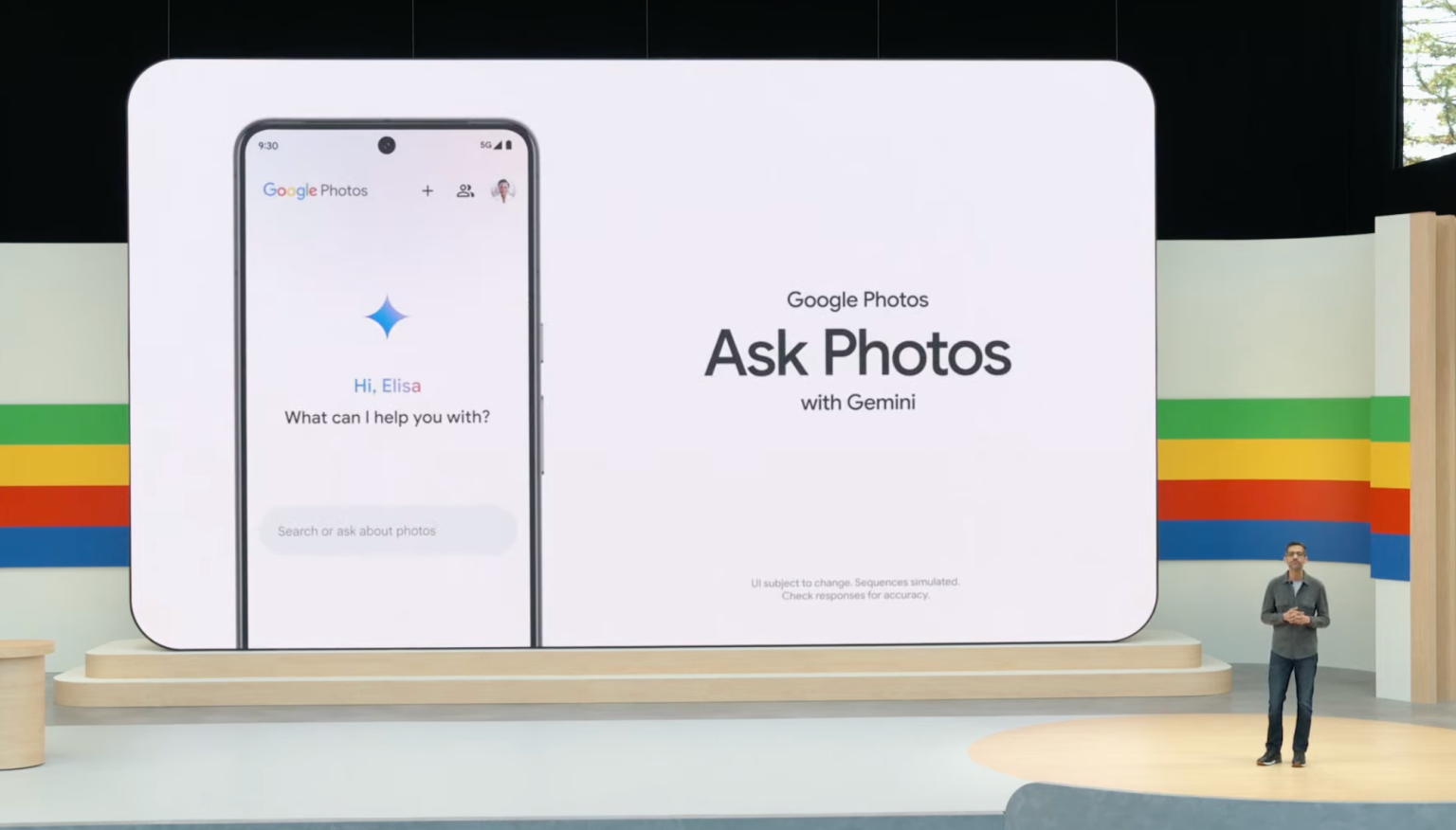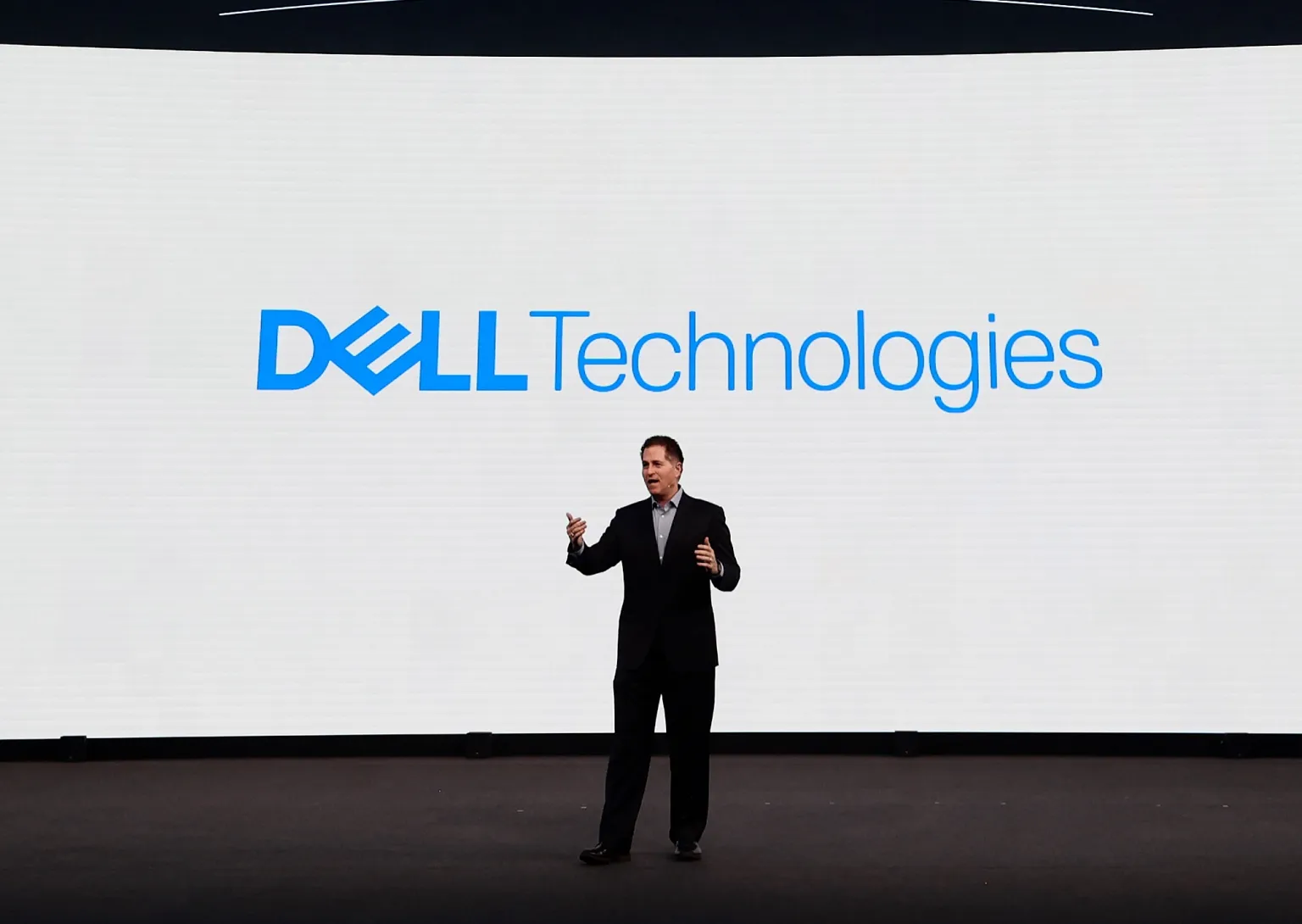Google “overhauls” its search engine: AI dominates every aspect

10:56 20/05/2024

5 phút đọc
Google news recently said they believe AI is the future of search. That future appears to have arrived: Google is starting to roll out “AI Overviews,” formerly known as Search Generative Experience (SGE), to users in the US, and soon coming all over the world. Soon, billions of Google users will see AI-generated summaries at the top of many of their search results. And that’s just the beginning of how AI is changing search.

Liz Reid, Google’s newly appointed Chief Search Officer, who has worked on all parts of AI search over the past few years, said: “What we see with generative AI is that Google can shows more search activity for you”. “It can take some of the hard work out of searching, so you can focus on the parts you want to cover to get work done or discover interesting things.”
Reid listed a list of features aimed at making that happen, all of which Google announced publicly on Tuesday at its I/O developer conference. Of course there are AI Overviews, to give you a general idea of the answer to your query along with links to resources for more information. There’s also a new feature in Lens that lets you search by recording video. There’s a new planning tool designed to automatically generate travel itineraries or meal menus based on a single query. There’s a new AI-powered way to organize the results page, so when you want to see restaurants in a new city, it can give you a bunch of restaurants for a date and a bunch for a date. business meeting without you even having to ask for it.
This is nothing but the AIization of the entire search. Google is using its Gemini AI to figure out what you’re asking about, whether you’re typing, speaking, taking photos or recording video.

They are using a new specialized Gemini model to summarize the web and show you answers. Even used Gemini to design and fill out the content for the results page.
However, Reid says that not every search needs this much AI, and not every search has it. “If you just want to navigate to a URL, you search for Walmart and you want to go to walmart.com. Adding AI to this case isn’t really helpful.” She thinks Gemini might be most useful in more complex situations, the kind where you need to do a lot of searches or never even go to Google in the first place.
One example that Reid likes is local search. (You often hear this in AI because it can be very difficult to wade through tons of similar listings and reviews to find something really good.) With Gemini, she says, “we can do things like ‘Find the best yoga or pilates studio in Boston rated above four stars within a half-hour walk of Beacon Hill.'” Maybe, she says. She continues, you also want to know details about which gym has the best deals for newbies. “So you can get information combined, across the Knowledge Graph and across the web, and bring it together.”
The combination of Knowledge Graph and AI – Google’s old and new search engines – was key for Reid and her team. Some things in search are solved problems, such as sports scores: “If you really just want to know the scores, the product works pretty well,” Reid said. Gemini’s job in that case is to make sure you get the score no matter how strangely you ask for it. “You can think about expanding the types of questions that can successfully trigger scores,” she said, “but you still want that authentic sports data.”
To give users the best search experience with the most accurate information, Google recently launched a new language model called Gemini. According to Ms. Megan Reid, Google Search AI Research Lead, this model is designed to focus on accuracy, to solve the balance problem between creativity and realism inherent in models. common language form.
Ms. Reid shared: “With Gemini, we prioritize the highest accuracy for search results. Although the “AI Overview” feature may not be visually appealing, it plays an important role. important in providing users with accurate and reliable information.”
However, Ms. Reid also acknowledged that no model is perfect and that Google will still face challenges in dealing with false information or fake summaries.

The rise of artificial intelligence (AI) in search is attracting a lot of attention, especially with the introduction of products like Perplexity and Arc. These tools use AI to surf the web and summarize information, instead of just providing users with a list of links. However, this approach also faces concerns about the lack of transparency in information origin and the possibility of amplifying misleading content.
According to Allison Reid, Head of Search Research at Google, this is a complex balancing issue. Google is trying to address this issue by not enabling automatic summarization for certain types of queries. However, Ms. Reid also believes that this new search method can lead to more visits to high-quality websites.
Ms. Reid explains that while the summary feature can devalue poor quality content, it still plays an important role in providing users with “perspective, color, experience or expertise.” subject” that they desire. In particular, today’s younger users often seek personal opinions on topics they care about, and Google has a responsibility to meet this need.
Google has been trying to change the way we use their search engine for over 10 years. Starting from simply entering keywords into the search box, Google is moving towards a smarter model that can understand and answer your queries in the most natural and useful way.
According to Blake Reid, Vice President of Search at Google, their goal is “to help people ask questions in the most natural way possible and give them the most relevant answers.” This means Google will use artificial intelligence to understand the context of the query, the user’s intent, and provide the most relevant results, instead of relying solely on the keywords entered.
For Google, this is a strategy to attract users to ask more questions, thereby earning revenue from advertising. For users, this could be a whole new way to interact with the internet: less keystrokes, less need to open multiple tabs, and the ability to “chat” directly with search engines to search information.
Từ khoá:
Bài viết liên quan
Palm Mini 2 Ultra: Máy tính bảng mini cho game thủ
Robot with smart grip
NASA’s goal of conquering the Sun
Apple launches a new feature that makes it easier to use your phone while sitting on vehicle
Google Photos launches smart search feature “Ask for photos”
Roku streams live MLB baseball games for free
Gun detection AI technology company uses Disney to successfully persuade New York
Hackers claim to have collected 49 million Dell customer addresses before the company discovered the breach
Thai food delivery app Line Man Wongnai plans to IPO in Thailand and the US in 2025
Google pioneered the development of the first social networking application for Android
AI outperforms humans in gaming: Altera receives investment from Eric Schmidt
TikTok automatically labels AI content from platforms like DALL·E 3
Dell’s data was hacked, revealing customers’ home address information
Cracking passwords using Brute Force takes more time, but don’t rejoice!
US lawsuit against Apple: What will happen to iPhone and Android?
The UAE will likely help fund OpenAI’s self-produced chips
AI-composed blues music lacks human flair and rhythm
iOS 17: iPhone is safer with anti-theft feature
Samsung launches 2024 OLED TV with the highlight of breakthrough anti-glare technology

REGISTER
TODAY
Sign up to get the inside scoop on today's biggest stories in markets, technology delivered daily.
By clicking “Sign Up”, you accept our Terms of Service and Privacy Policy. You can opt out at any time.
































Nhận xét (0)